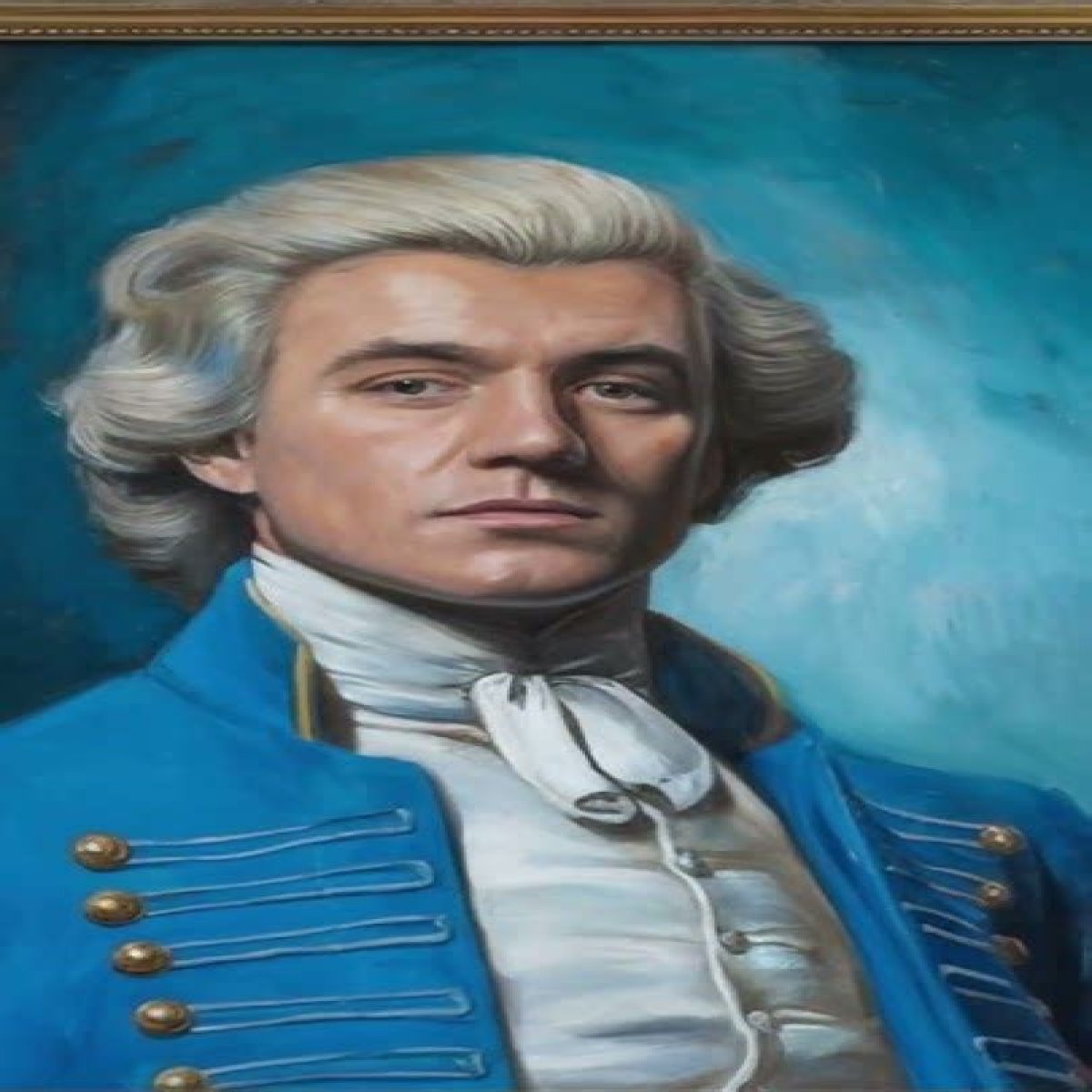The history of the United States is shaped by its leaders, and among them stands the 5th President, James Monroe. His contributions to the nation have left a lasting impact, influencing both domestic and foreign policies. This article delves into Monroe's life, his presidency, and the significant events that occurred during his time in office, providing a comprehensive look at a figure often overshadowed by others in American history.
Monroe's presidency, which lasted from 1817 to 1825, is often celebrated for its emphasis on national unity and expansion. His leadership during a time of relative tranquility in the United States, known as the "Era of Good Feelings," has prompted historians to analyze his policies and their implications. This era was marked by a spirit of nationalism and a focus on building infrastructure, which laid the groundwork for America's future growth and prosperity.
As we explore the life and legacy of the 5th President, we will address key questions surrounding his biography, significant policies, and the challenges he faced during his presidency. Understanding Monroe's role in American history is essential to grasping the evolution of the nation in the 19th century, as well as the principles that continue to guide American governance today.
What is the Biography of the 5th President?
James Monroe was born on April 28, 1758, in Westmoreland County, Virginia. He was the last president who was a Founding Father of the United States and served as the 5th President from 1817 to 1825. His early life was marked by the American Revolutionary War, during which he served in the Continental Army. After the war, Monroe pursued a career in law and politics, eventually becoming a prominent figure in Virginia politics.
What Were James Monroe's Personal Details?
| Detail | Information |
|---|---|
| Name | James Monroe |
| Date of Birth | April 28, 1758 |
| Place of Birth | Westmoreland County, Virginia |
| Political Party | Democratic-Republican |
| Presidency | 1817 - 1825 |
| Spouse | Elizabeth Kortright Monroe |
| Children | Eliza, James Spence, and Maria Hester |
| Date of Death | July 4, 1831 |
What Were the Major Achievements of the 5th President?
James Monroe's presidency is noted for several key achievements that shaped the future of the United States:
- The Monroe Doctrine: Introduced in 1823, this significant foreign policy warned European nations against colonization in the Americas, asserting the Western Hemisphere's independence from European intervention.
- Expansion of Territory: Monroe's administration saw the acquisition of Florida from Spain in 1819, further extending U.S. territory.
- National Unity: Monroe's presidency is often characterized by the promotion of national unity and a spirit of cooperation among the states.
- Infrastructure Development: Emphasis on internal improvements, such as roads and canals, facilitated trade and communication across the growing nation.
What Challenges Did the 5th President Face?
Despite the successes, Monroe's presidency was not without challenges. Some of the key issues he confronted included:
- Economic Turmoil: The Panic of 1819 led to a severe economic depression, causing widespread bank failures and unemployment.
- Slavery and Regional Tensions: The issue of slavery began to polarize the nation, leading to conflicts that would ultimately escalate into the Civil War.
- Political Factionalism: While the Era of Good Feelings is associated with national unity, undercurrents of political division persisted, particularly regarding issues like tariffs and internal improvements.
How Did the 5th President Influence Future Leaders?
Monroe's presidency set important precedents for future leaders in several ways:
- Foreign Policy: The Monroe Doctrine established a foundation for American foreign policy and its role on the global stage.
- Nationalism: His emphasis on national unity and infrastructure laid the groundwork for future presidents to prioritize American expansion and development.
- Political Leadership: Monroe's ability to navigate a divided political landscape offered lessons in bipartisanship and compromise.
What is the Legacy of the 5th President Today?
James Monroe's legacy continues to be felt in contemporary America. The principles he championed, such as national sovereignty and a commitment to unity, remain relevant as the nation grapples with its identity and role in the world. The Monroe Doctrine, while modified over time, still serves as a reference point for U.S. foreign policy.
Furthermore, Monroe's presidency is a reminder of the complexities of leadership during a formative period in American history. His experiences and decisions provide valuable insights into the challenges faced by leaders today, particularly in a politically charged environment.
Conclusion: What Can We Learn from the 5th President?
In summary, the 5th President, James Monroe, played a pivotal role in shaping the United States during a critical time in its history. His achievements and challenges offer important lessons for contemporary leaders and citizens alike. As we reflect on Monroe's legacy, it's clear that understanding our past is essential to navigating the future.
Unveiling The Legend Of Bob Marley: The King Of ReggaeUnearthing The Poptart Origin: A Delicious Journey Through TimeUnderstanding The Life And Legacy Of Chong's Wife
